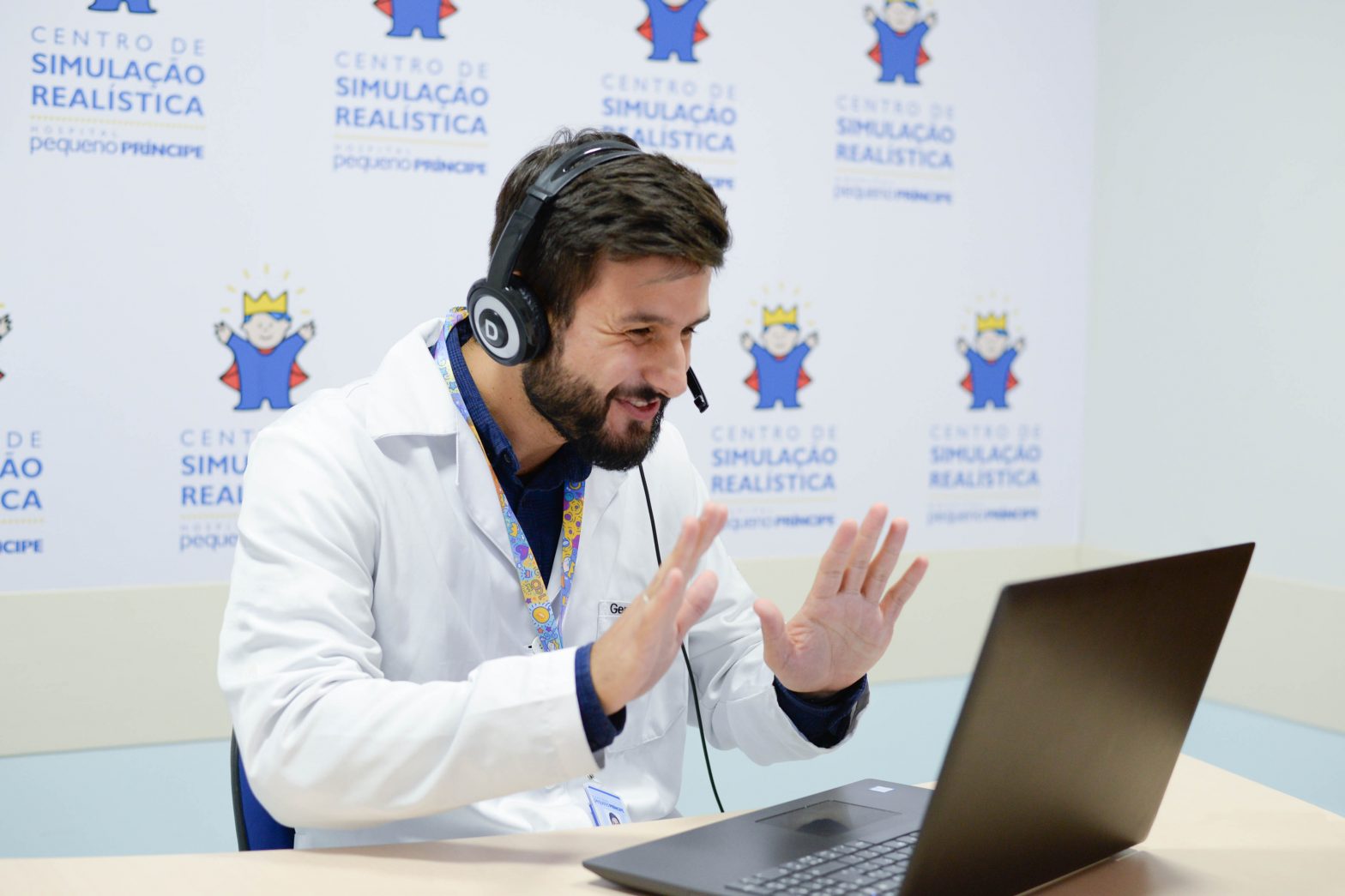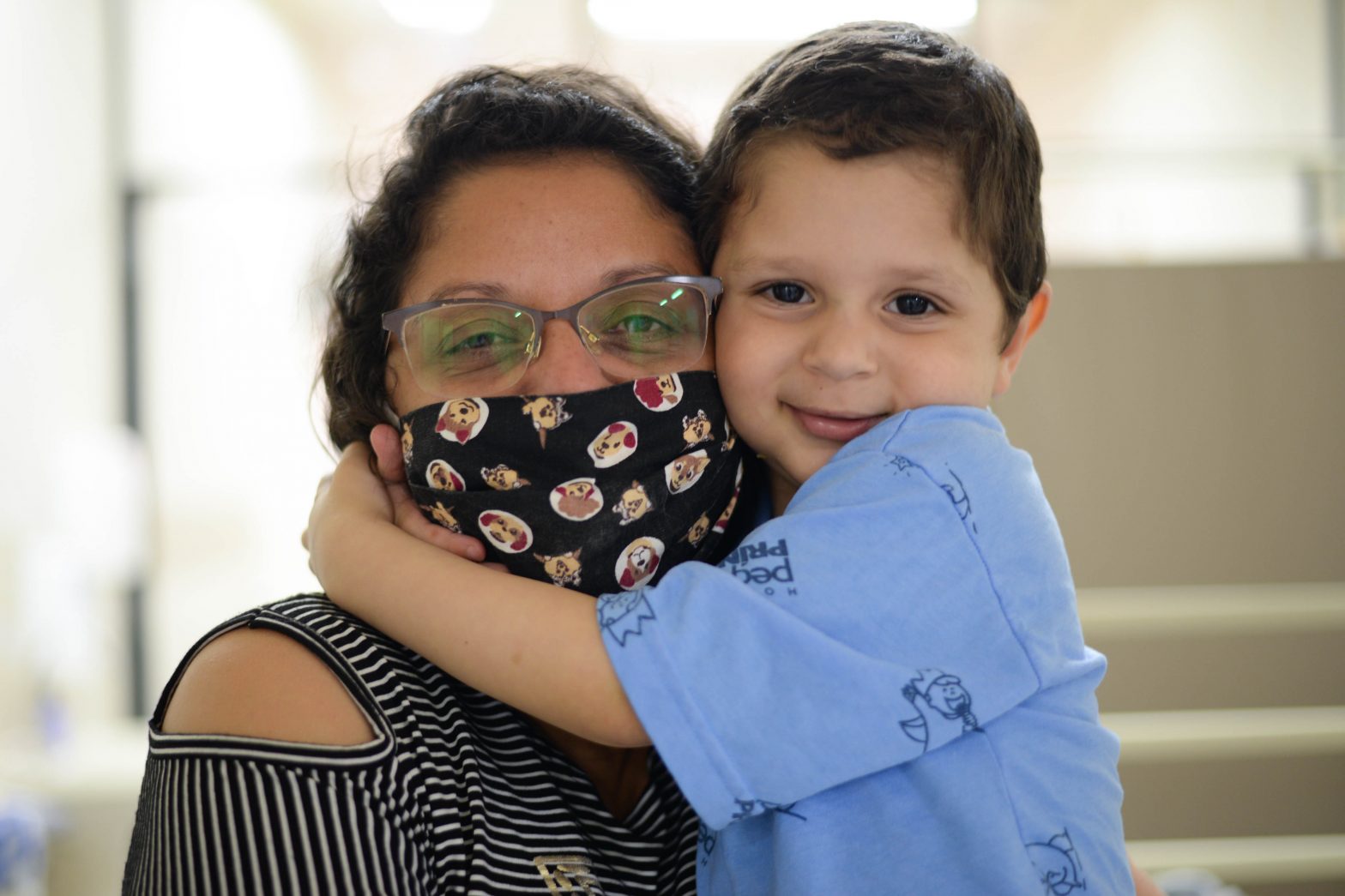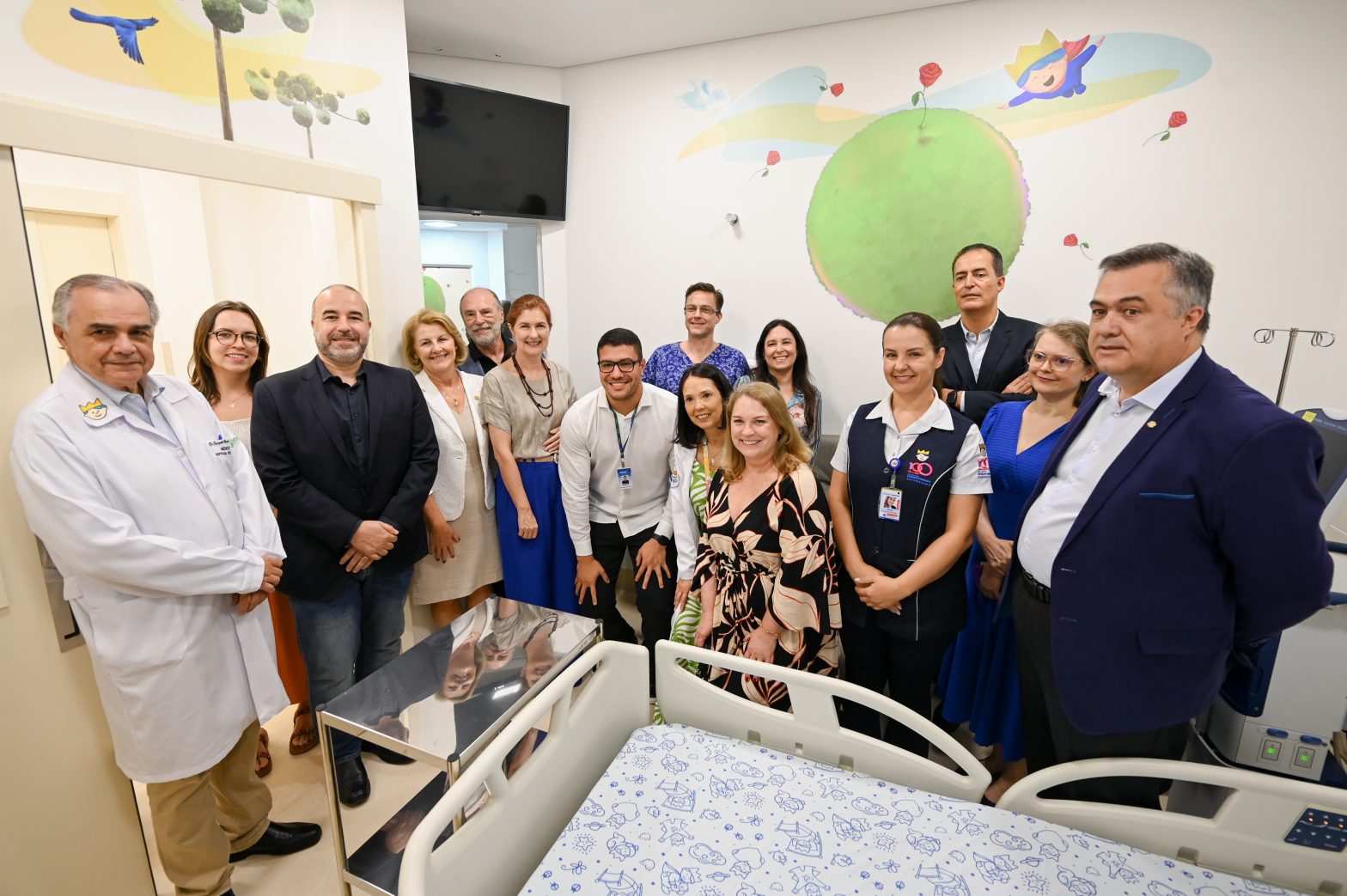COVID-19 and dengue fever are threats to the health of children in Brazil
The first quarter of 2024 was marked by an increase in the number of cases and deaths caused by the two diseases
The year 2024 started out challenging for the health of Brazilian children and adolescents. Four years after the start of the COVID-19 pandemic, on March 11, 2020, the country recorded a new explosion in the number of cases. And to further complicate the picture, several Brazilian states are experiencing an epidemic of dengue fever – an acute febrile infectious disease, transmitted by the female Aedes aegypti mosquito.
What draws the attention of pediatricians is that there are already vaccines available for both diseases that significantly reduce the severity of cases, preventing deaths. But vaccination adherence has still been low. The age range for immunization against COVID-19 is from 6 months of age, and there is a vaccine for dengue from 4 years of age.
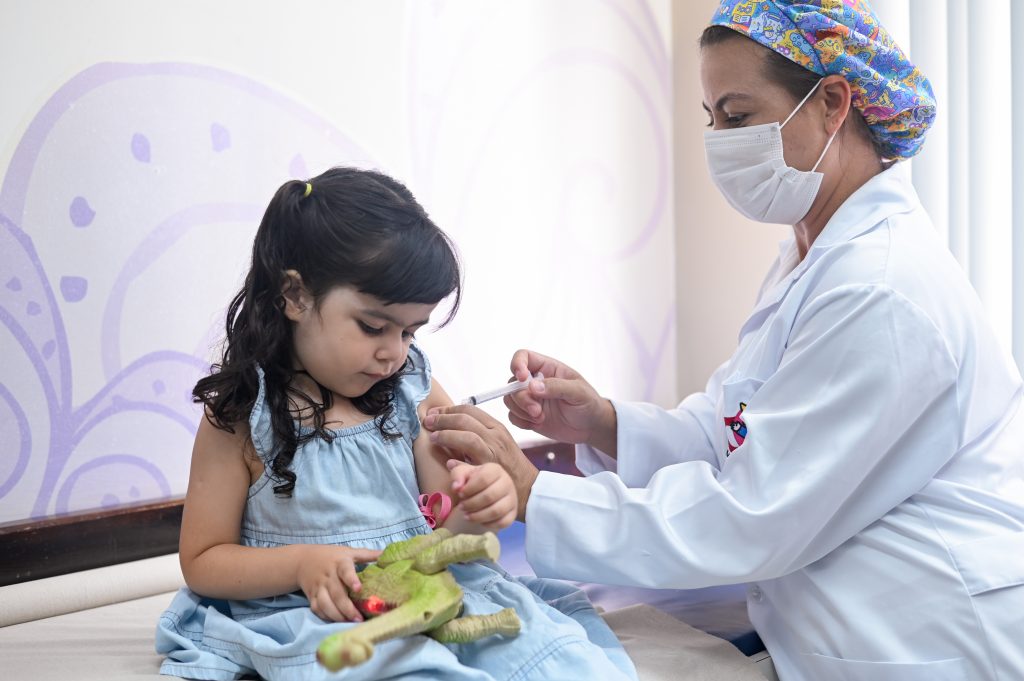
“Vaccines save lives. We cannot allow children to lose their health, develop permanent sequelae and have their lives threatened by diseases that can be prevented or alleviated with vaccination. Health and life are the rights of all children, and it is the duty of those responsible for them to guarantee these rights,” argues the coordinator of the Epidemiology and Hospital Infection Control Service at Pequeno Príncipe Hospital, Heloisa Ihle Garcia Giamberardino.
In the first eight weeks of the year, 48 deaths of children up to 14 years old were recorded in Brazil due to COVID-19, according to a survey carried out by Fiocruz’s Child Health Observatory. In the same period, only 11.4% of children up to 14 years of age in the country had the complete vaccination schedule.
At Pequeno Príncipe Hospital, the increase in COVID-19 cases was also felt, especially after Carnival. From January until March 15, 191 cases were confirmed, a higher number than that recorded throughout 2023, when the institution confirmed 126 occurrences. According to infectious disease doctor Victor Horácio de Souza Costa Júnior, of the 35 patients who required hospitalization this year, the majority were babies who had not yet received the vaccine. “In addition to vaccinating babies from 6 months of age, it is very important that parents and other family members have the complete vaccination schedule to increase the child’s protection,” he emphasizes.
Dengue fever
Dengue fever is a common disease in Brazil, but in 2024 the country is experiencing one of the worst epidemics in history. As of March 13, 1.6 million probable and confirmed cases were recorded, a number five times higher than in the same period last year. The number of deaths also jumped by more than 110%, from 233 to 491. According to the Ministry of Health, there are still another 889 deaths under investigation.
There is no information available on the age group in which deaths are concentrated, but, according to the Ministry of Health, children aged 10 to 11 represent the highest number of hospitalizations for dengue in the country, which is only surpassed by the elderly, the age group for which the vaccine was not recommended. In Pequeno Príncipe, 72 cases were confirmed between January 1st and March 15th this year, with 20 hospitalizations.
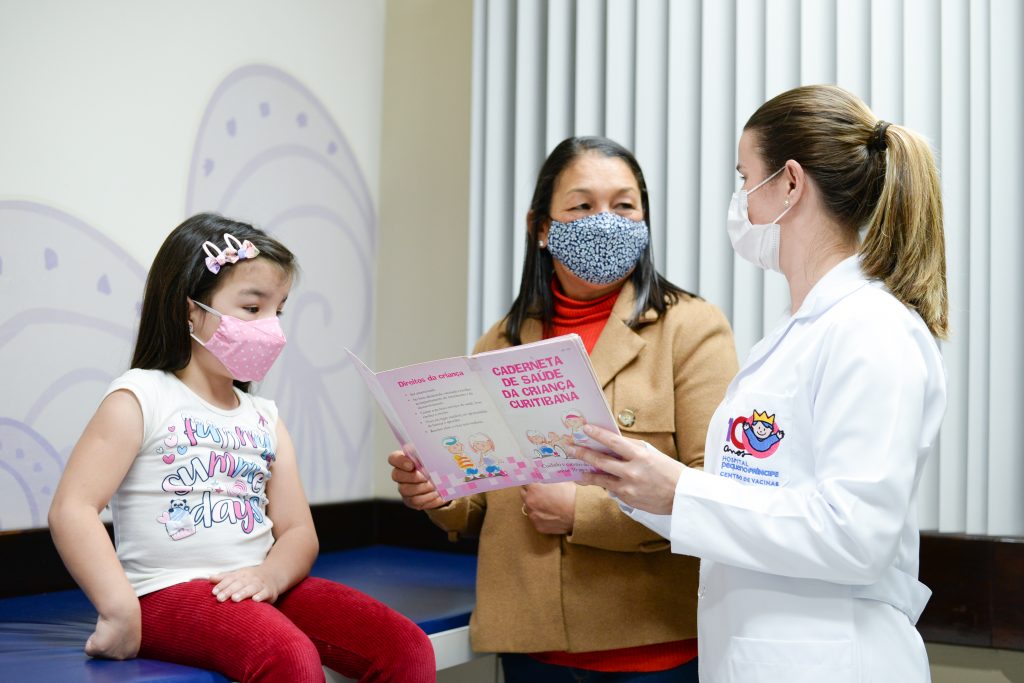
Vaccination
For both threats – COVID-19 and dengue fever – vaccines are available free of charge in the Brazilian Public Health System (SUS, abbreviation in Portuguese). In the case of COVID-19, immunizations are offered from 6 months of age. As for dengue, as there is a limitation in the production of doses, the SUS is prioritizing the vaccination of children and adolescents aged 10 to 14 years. In the private market, the vaccine is available for people aged 4 to 60.
On the website, on the YouTube channel, and on other social media profiles of Pequeno Príncipe Hospital, there is various content available in Portuguese about the two diseases, their symptoms, and the importance of vaccination. Visit to find out more!
Site: Is it dengue fever, COVID-19 or flu?
YouTube: Dengue fever: Vaccine and everything else you need to know
More
Pequeno Príncipe qualifies child care in public primary care and emergency care units
Curitiba, Paranaguá, and Iguape, in Paraná and São Paulo states, already have the knowledge of the Hospital’s pediatricians to offer more effective care
Tax waiver transforms the lives of children and adolescents
Allocation of Income Tax contributes to equity in healthcare for patients from all over the country
Pequeno Príncipe opens eight new intensive care beds
Implemented with the support of Volkswagen and the Government of the State of Paraná, the structure increases the capacity of ICU vacancies by 12%


